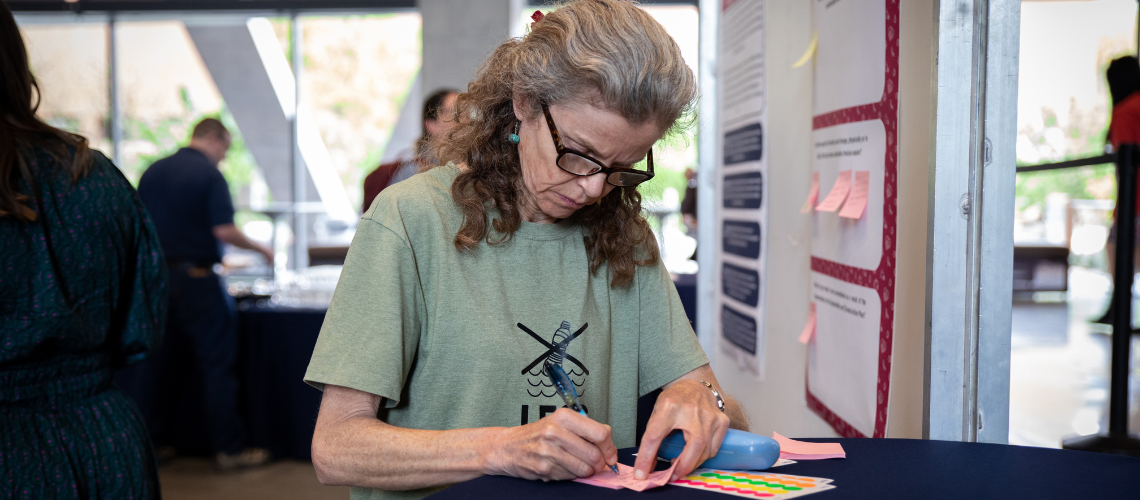
Read the full article on KOLD News 13
Article Carsyn Currier,KOLD News 13, 2023.
At the University of Arizona from July 2021 through June 2022, the university emitted 166,000 metric tons of greenhouse gas emissions. That’s equivalent to approximately 37,000 passenger vehicles driven for one year, according to the Environmental Protection Agency.
Ahead of Earth Day, The University of Arizona is working on a Sustainability and Climate Action Plan with a goal of being Carbon Neutral by 2040 or sooner.
Sabrina Helm, the Faculty Co-Chair for the action plan, said leaders plan to build a comprehensive roadmap with the help of students, staff, and the community.
“Our commitment is to have a plan, a strategic roadmap by the end of this year,” said Helm.
Efforts are underway to wean the University of Arizona off fossil fuels and go carbon-neutral by 2040, perhaps even sooner.
The campus community aims to reach that goal by investigating carbon emissions through three different scopes.
“There’s what’s called scope one carbon emissions, those are emissions caused by operations here on our own campus. They’re basically controlled by our own organizations,” said Helm.
For instance, on campus, there are two co-generation turbines, that burn natural gas to produce electricity and heat for research projects.
“Those greenhouse gas emissions are basically under our immediate control and where we can start investigating,” said Helm.
Scope two emissions reside from purchasing electricity that is then used on campus.
In 2019, the university’s partnership with Tucson Electric Power allowed the Tucson campus to procure 100% of purchased electricity from renewable solar and wind resources. This enhancement decreased carbon emissions by about 30%.
“Scope three is interesting because it has a lot to do with behavior change. How people commute to campus, which transportation means they use. It’s their decision, therefore we can’t immediately influence that. However, we can provide infrastructure, and incentives to change behavior,” said Helm.
Those ideas will come from you, the community along with university staff and students.
Meetings will be held throughout the upcoming year to brainstorm ideas that will make an impact on everyone involved despite social differences.
“Whose able to afford electric vehicles and use that particular infrastructure, who will benefit from that? Maybe other people in the campus community would rather benefit from bikeways that are improved. So, weighing the impacts of these kinds of decisions on different groups and how they will be affected,” said Helm.
You can track when those meetings will take place online.
